Small Children and Buying a House
Small Children and Buying a House
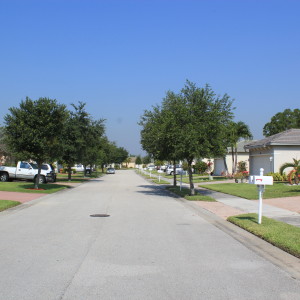 Buying First Home
Buying First Home
The old cycle of first-time home buyers purchasing a small house or condominium as the first home, birth of children and outgrowing the first residence and looking for a larger home is greater in today’s lifestyle than ever. While the cycle continues with buying bigger homes as the family grows and ends with downsizing perhaps to a condo again. The role of a real estate professional remains the same throughout the entire cycle. The last phase of this cycle perhaps could be the first stage of the cycle and back to the condo lifestyle especially when parents become empty nesters.
The criteria for buying a new home in each phase of this cycle are as diverse as the people engaged in the cycle. Buying a house with small children is a perfect example of how such criteria could be defined totally different from others, for example from the homebuyers looking to downsize.
Their journey begins with the birth of the first child and the need for an extra bedroom as well as the play area for the child, which normally means graduating from condo life to living in a single family home. The need grows as the number of the children increases. To start the process, the parents need to save enough money for a down payment and closing costs that are associated with purchasing of a house. Meanwhile, a list of wants and needs grows longer to cover all future needs of children. The location and type of neighborhoods normally top this list, followed by the safety, the quality of the schools, the proximity to the parks and playgrounds and other amenities that are geared to accommodating children.
After establishing the criteria for the purchase of a house that matches most of their needs it’s time for house hunting. Our experience has shown that many of these first-time home buyers have little to no strategy about locating their ideal home. While many comb through local newspapers the others drive around looking for for-sale signs to call. These methods of locating a home most often results in wasting valuable time or engaging in bad deals that are a direct result of lack of representation by a professional real estate agent, or the safe and most cost effective method.
All Realtors working in the State of Florida are licensed professionals that are sworn to follow the Realtors Rules of Ethics. The Florida Real Estate Commission, also known as FREC, is the governing body that oversees the conducts of the Realtors and Real Estate Companies. They are also responsible for compensation granted to consumers who have faced financial damages due to the misconduct of Realtors or real estate companies. Considering all that, some home buyers still ignore services of a Realtor even though in most cases there are no costs to homebuyers for such services. In Florida, the sellers pay all commissions for the sale of their properties and, since the majority of the Realtors are considered to be Transaction Brokers, there is no commission or any other costs to home buyers for real estate services by Realtors.
Employing the services of the real estate professionals could help families in both processes of selling their existing residence and purchasing of the new home. Since in most cases the homeowners need the proceeds from the sale of their home for purchasing of their new home, the processing of both contracts at the same time proves to be a tedious task that requires the expertise of a Realtor. To accomplish a timely and smooth transaction the use of the same Realtor to handle both transactions is very crucial especially when it comes to close on both properties simultaneously.
The process of a double transaction begins with the listing of the existing home, followed by looking for a new home. Parents should take the time to explain the process to children while emphasizing the importance of having their rooms picked up and looking neat at all time. During this period, most often than none, the children face the anxiety of losing their classmates and friends and offer resistance to any change to their environments. It is the parent’s duty to understand their feelings and have a plan to work the problems out with their children without becoming combative and hostile. They could accomplish this with a little planning during the next phase of their journey in purchasing a new home, which is the house-hunting phase.
While the potential buyers are in and out of the current residence the process of locating that ideal home has also begun. It is an exciting and at times disappointing days when parents face challenges such as lack of showing, low-ball offers and other obstacles in the sale of their home, considering that all this is happening while they are also trying to find and negotiate on the new home. During this period, it is of most importance to get the children involved in the process of finding a new home. This will allow them to appreciate the advantages that the new house offers and reduces their resistance to such changes. A bigger bedroom, more bathrooms, large backyard or a swimming pool are enough reasons to entice the children to join their parents in making the dream of home ownership come true.


 Buying Real Estate
Buying Real Estate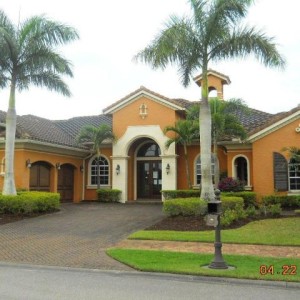
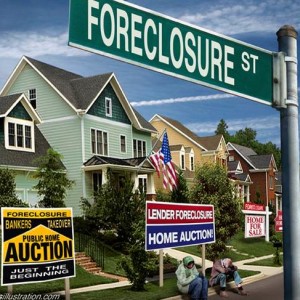
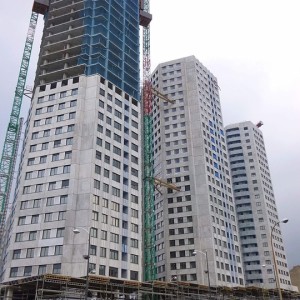 Preconstruction Sales programs
Preconstruction Sales programs Foreign Home Buyers and Pre Construction Investment
Foreign Home Buyers and Pre Construction Investment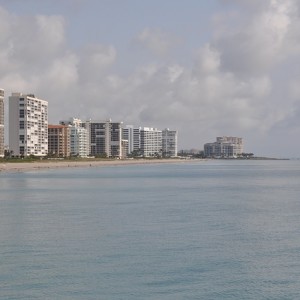 Buying Pre-Construction Condos
Buying Pre-Construction Condos Investing in Pre-construction
Investing in Pre-construction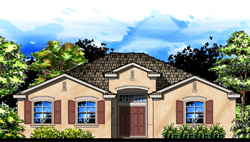
 Pre-construction Opportunities for 2015
Pre-construction Opportunities for 2015